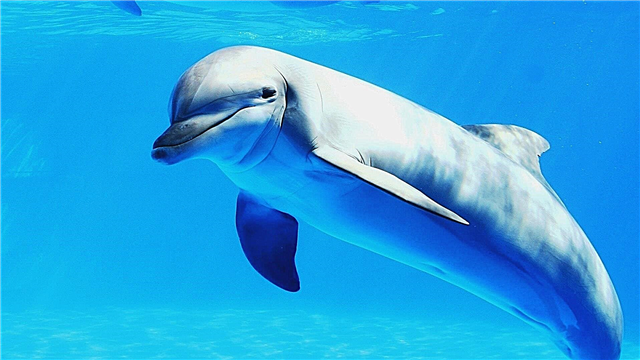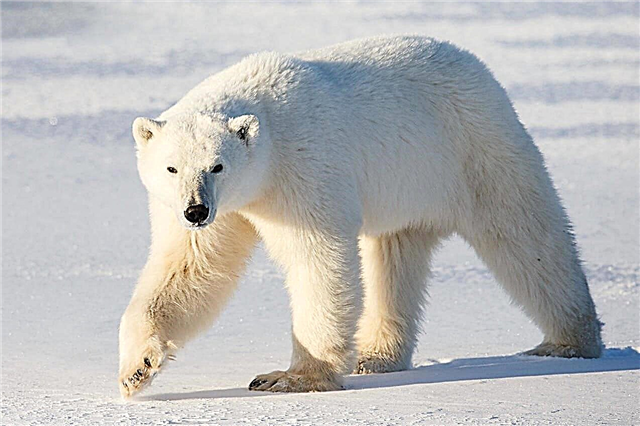
It’s more correct to say: sharks are not afraid, but prefer not to mess with dolphins. So respectfully the ancient Greeks called dolphins.
The nature of the “fear” of sharks
And now about the fear of some animals by others. The fact is that these animals are on different intellectual levels. Shark - a representative of the class of Cartilaginous fish. They are more ancient and primitive than bone fish common in our reservoirs. The presence of feelings in these animals is a topic of global scientific research. So far, only instincts have been discovered in them. Dominant is the need for food. Behind him are the need for survival and reproduction. Sharks, in addition to the smallest species, alone carry out their life program, converging with their own kind only for a very short time for the reproduction process.
Dolphins are mammals that live in water. Therefore, in addition to the basic instincts in their lives there is a need for society. Dolphins of all species live in a flock within which they communicate, help the weak, sick, women in childbirth and females with newborn dolphins. Animals hunt and protect together from predators. Considering that, apart from sharks (and even people and killer whales for smaller species), no one purposefully hunts dolphins, it is animals that organize group defense against the legendary sea robbers.
Fight for life
How do the two representatives of such different classes communicate? Sharks, playing the role of peculiar orderlies of the sea, immediately isolate an old, sick, injured person, or pregnant individual in a flock of dolphins.It is they who pursue or wait until the weakened animal lags behind the group. If the flock missed the moment, then the shark with great pleasure will eat the dolphin and go on.
But, given the fact that dolphins have high intelligence and a quick response to changes in the environment, in 75 out of 100 cases they notice a shark on time and organize a collective rebuff to a voracious predator.
Shark attack
To date, several successful techniques that use dolphins are known:

A flock surrounds the predator and begins to massively beat it into the gill slits. This is reminiscent of a person’s blow into the solar plexus. If the fish does not retreat, then the impact of dolphins can damage its respiratory system. Deprived of the opportunity to receive oxygen from the water, the shark ceases to be interested in the dolphin in general and the pack in particular. With broken gill slits, she is doomed to death. If before that it will not be eaten by stronger and healthier relatives.
Dolphins of large species - belugas, killer whales, have learned to bring fish into a state of tonic immobility. Animals beat with a snout in one side of the shark, until she rolls over. In the belly that turned up, in the fish, a kind of paralysis begins - convulsive muscle contraction, as a result of which it loses its ability to move for several minutes. The divers use the same technique. Quickly grabbing the tail and turning the shark on their back, they get the opportunity to take a selfie by putting their hand in the mouth of the fish.
There is evidence that a group of dolphins simply pushes a predator out of the water, holding it on its snouts until it suffocates. There is, however, an exception. If a shark, even a white one, catches a flock of killer whales, then after suffocation it will definitely be eaten.
Information transfer mechanism
Why do sharks allow dolphins to do this with themselves? The reason is simple. For many millions of years, a shark hunts according to one primitive scheme. It circles in a spiral around the chosen victim, waiting for the moment for a convenient throw. For their part, dolphins have the ability to communicate. There is information about the language they use. Therefore, the proven tactics of “beating babies” are passed on from generation to generation, in contrast to the fish, which have to comprehend life science independently.
Now back to the question of why sharks are afraid of dolphins. Those sharks that survived a meeting with dolphins, or have witnessed reprisals against a congener, already at an unconscious level prefer to stay away from the pack, give way to it or attack a guaranteed lonely animal. Those who have not comprehended science, or who first met an organized group of dolphins, have few chances of survival.












